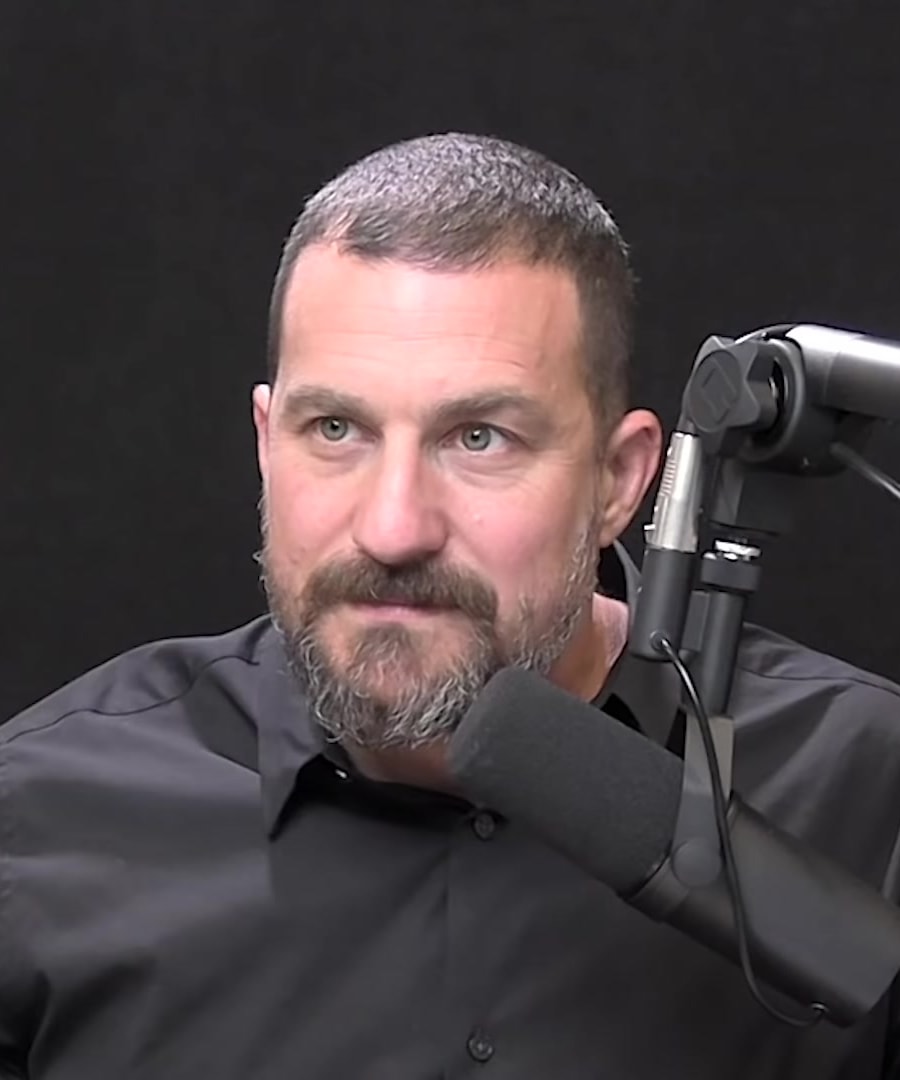how many hours before bed should you stop taking caffeine
Sources:
Caffeine should ideally be avoided within the 8 to 12 hours preceding bedtime to ensure that it doesn't disrupt the architecture and quality of sleep. Since the half-life of caffeine is such that it can affect sleep, even if you can fall asleep, the depth and restorativeness may be negatively impacted 1 2 3. Therefore, it is recommended to have your last caffeine intake no later than mid-afternoon, depending on your specific bedtime 1.
RELATED QUESTIONSwhen is your temperature maximum
Sources:
Your body temperature typically peaks in the afternoon, slowly declining toward nighttime. This follows the rise from the temperature minimum, which occurs 90 minutes to 2 hours before your average waking time, and reflects the circadian rhythm of body temperature 1. So if you usually wake up at 6:30 AM, your temperature minimum would be around 4:30 AM to 5:00 AM, and you would expect your temperature to peak several hours later in the afternoon.
RELATED QUESTIONShow many hours later?
Sources:
The peak in body temperature occurs sometime between 4:00 PM and 6:00 PM, as detailed by . This is approximately 10 to 14 hours after the temperature minimum, which tends to be around 4:00 AM 1. The exact timing can vary from person to person, but this is a general pattern aligned with the circadian rhythm.
RELATED QUESTIONS
how many hours before bed should you stop taking caffeine
- RELATED QUESTIONS
when is your temperature maximum
- RELATED QUESTIONS
how many hours later?
- RELATED QUESTIONS




